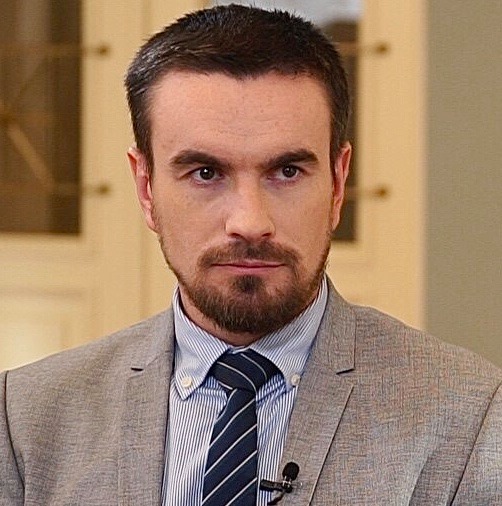BISS presents a new issue of the BISS Trends series of quarterly reports. We traditionally focus on five major trends: political democratization/political liberalization; economic liberalization; quality of governance and rule of law; geopolitical orientation; and culture policy. The period under review covers April, May and June 2012.
In the second quarter of 2012, Belarus continued its efforts to integrate with Russia against a somewhat warmer backdrop of relations with the West and intensification of relations with developing nations. The sources of potential conflicts in Belarusian-Russian relations are obvious; however, negative trends have been blocked so far by the important status of the Eurasian Union project on Russia’s agenda. Despite a certain thaw in Belarus’ relations with the European Union, the degree of repression and limitations on the freedoms of association and assembly never went down. Therefore, the situation remains unchanged in the political democratization/political liberalization segment, i.e. stagnation goes on. The looming election campaign has not caused any quality breakthrough in the scale of repression. At the same time, the expectations that more political prisoners would be let go after presidential candidate Andrei Sannikau was released never came true.
In the economic sector, the keynote for the quarter was the vector of the monetary policy pendulum – whether the government will ease its harsh policy or keep the things as they are, so that enterprises will have to get used to operating amid budgetary restraints. What we observe now is the choice of the latter option, which is why the quarterly liberalization trend is assessed as “minimum progress.” On the other hand, the authorities have given up on the old approach to privatization processes, sliding back to a less transparent and much slower method. The unique opportunity to liberalize prices while avoiding a price hike was missed as well.
In the quality of governance and rule of law section, we record no change. The “manual control” of the economy remains; critical decisions are passed as decrees and ordinances of the president, and the official mass media seem to have forgotten liberalization rhetoric.
Geopolitically, there is obvious imbalance in Belarus’ foreign policy, which is biased towards Russia, while the relations with the European Union remain consistently poor. The return to the old habitual subsidies scheme for Belarusian-Russian relations enables Minsk to defy the conditions that the EU lays down to improve the mutual relations. At the same time, the Belarusian authorities had appreciably narrowed their anti-Western rhetoric in official statements and the media by the end of the previous quarter.
Finally, despite some positive developments, the culture trend keeps demonstrating the continuous politicization and ideologization of the culture life, as well as polarization of the culture sector of Belarus and depreciation of the culture products that constitute the official discourse.
Read the full version of the monitoring in PDF or html format




